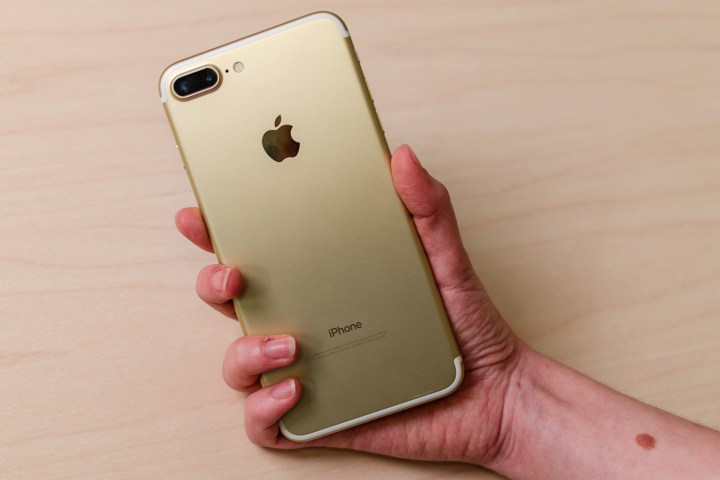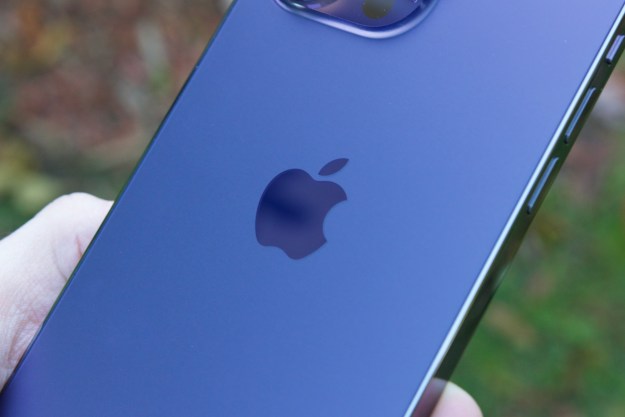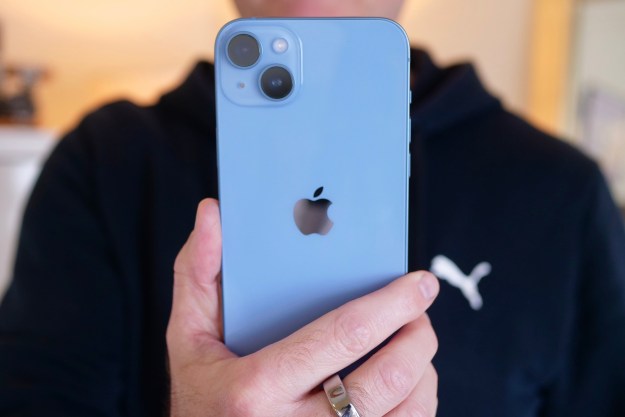
Just about every major mobile carrier in the United States is hard at work on 5G wireless technology now, in advance of its launch hopefully in a few years. Meanwhile, device makers have to be sure their products will be ready for the network when that day comes.
Although 5G specifications have not been entirely hammered out yet, we know the FCC approved the 28GHz and 39GHz bands for commercial
The 28GHz band, specifically, is meant for ground-to-space transmission, and Apple has reportedly hired engineers with experience developing satellites ahead of testing.
The company looks to base its operations from two locations — one on Yosemite Drive in Milpitas, California, and another on Mariani Avenue near its Cupertino, California, headquarters.
Apple says it will run experiments for no more than a year, which would place the end of the testing phase right before the iPhone 9’s expected launch in late 2018. That is still a bit earlier than when 5G should arrive — Sprint, for example, is planning to launch its network by late 2019, and other carriers are targeting a similar timeframe.
Part of the delay is due to the fact that the 5G spec sheet probably won’t be decided until spring 2018 when industry partners convene. Meanwhile, carriers have begun the marketing cycle. In April, AT&T announced the launch of its 5G Evolution service in Austin, Texas, with a handful of cities to follow.
5G Evolution utilizes some technologies that should play a role in the overall 5G picture, like carrier aggregation and 4×4 Multiple Input, Multiple Output (MIMO). However, other aspects, like small cells — miniature towers that can be placed on buildings and draw less power — and higher-frequency millimeter waves, are major aspects of
Update: The FCC officially approved Apple’s application for an experimental license allowing the company to test 5G network technology.
Editors' Recommendations
- This one Apple Fitness feature completely changed how I exercise
- An Apple insider just revealed how iOS 18’s AI features will work
- Visible’s affordable 5G plans just got even cheaper
- When will Apple release iOS 18? Here’s what we know
- 5G home internet: What is it, and should you get it?


